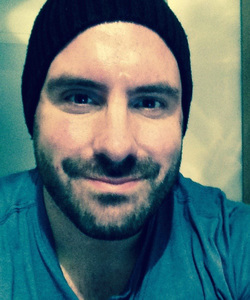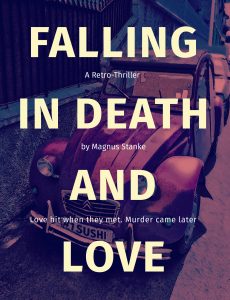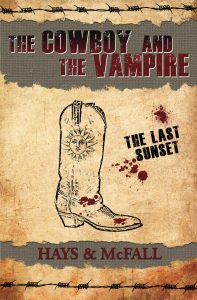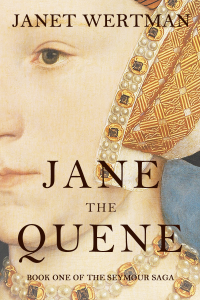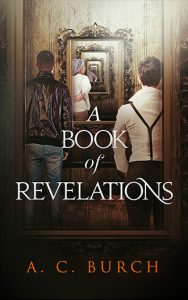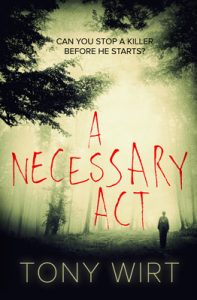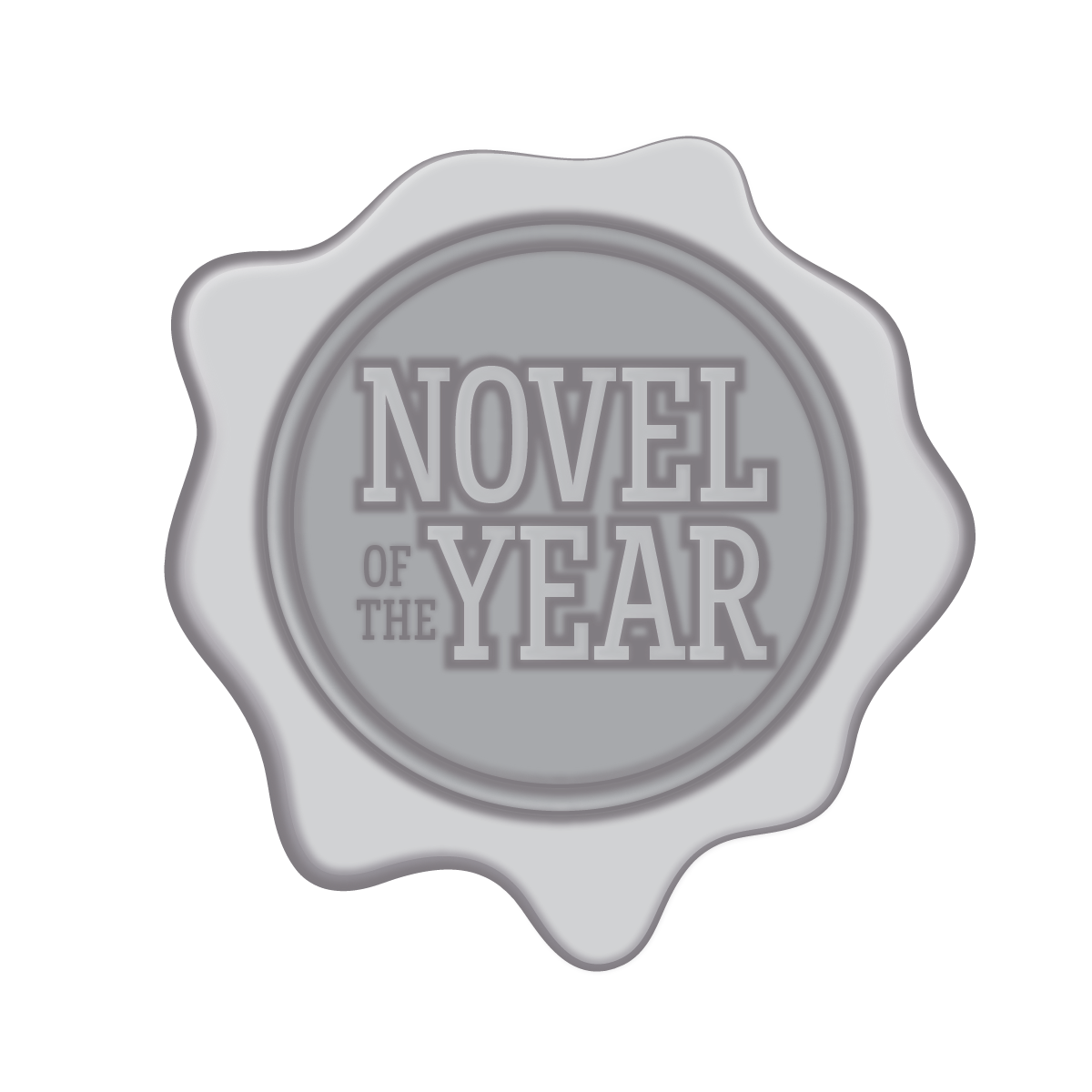The Rundown
The Recommendation
The Rating
The Links
The Reviewer
Steve Wetherell
Visit Steve Wetherell‘s website.The indie scene was alight this month with various railings against an unwisely worded article by an author I won’t bother mentioning here. The crux of the article was that without the gatekeeping of traditional publishing, the books on offer quickly become dreck— or as the article put it ‘An Insult to the Written Word’ (you can google it if you like, I’m not linking it.) It’s a tired old argument, and it has been dismantled time and time again by far better writers than I (both traditionally and self-published,) so I won’t get into the nuts and bolts of what factors qualify a successful writer here.
Rather I’d like to stir my own hornet’s nest, and ask what makes a successful reader.
Simply typing that sentence I can already hear the ubiquitous buzz of outrage. This is unsurprising; outrage seems to be the internet’s life blood these days. And some of the arguments against the audacity of the above statement will certainly resonate with both the sane and the frothing alike. After all, I am a writer, and suggesting that reader’s are the one with a problem is a bit like a hotdog vendor calling his customers fat.
We live in the age of the customer, no doubt. People have expectations of service that would have appeared like science fiction as little as ten years ago. All vendors are bending over backwards to react to customer needs in lightning quick time, and authors are no exception. A self-published author has no choice but to, and should fully embrace the opportunity to, interact with his or her audience.
There’s no need for vague demographics dreamed up by marketing men. We don’t even need the laser accurate trend analysis that Google and friends offer with the touch of a button. There are people knocking on your door, telling what they liked, and what they didn’t.
This is wonderful.
This is dangerous.
Because everyone’s a critic, but not everyone is a responsible critic. I don’t mean somebody one-starring your historical drama because it didn't have enough robots in it (though, of course, those people do exist.) I want to talk about the Word Police.
To be clear, I’m not paranoid. I’m not an ageing comedian baffled at college kids (yet.) I’m not going to use the term SJW (except for just then, obviously.) I am not gunning for political correctness. (I like political correctness- it inarguably transformed British comedy for the better, and the whole alternative comedy movement wouldn’t have happened without it. Also, probably good news for gays and what not.) What I am talking about are people, on all sides of the political spectrum, who isolate a phrase or word from its context to make a judgement on a work as a whole, or the character of the author as a whole.
They’re out there all right, now more than ever. Those who use sea lion tactics and pin-point pedantry to aggressively impose their world view on people. They swarm like hornets from one victim to the next, silencing them with their buzzing. They will endlessly insist that any wrong-think statement, regardless of how innocuous, regardless of any hatred that may or may not have been in the utterer’s heart, is inextricably woven into a grand tapestry of oppression. Apologies must be made, lessons must be learned, and the correct words must be used- or else you must STFU.
Maybe this is just what progress looks like (he says, as America and Russia casually gear up for a planet ending nuclear war) and maybe that’s fine (he says, as an elderly comedy legend is hounded off a social media platform for calling an actress pretty.) But it’s terrible news for those of us in fiction.
Some of my favourite books are written by people who's characters are, to be frank, utter shits. Pick up any Martin Amis novel and see how long it takes you to run into something sexist, racist, morally evil or degrading. Does this mean Martin Amis is a sexist or a racist? I don’t know the guy. When Irvine Welsh writes about a necrophiliac pedophile, do I assume he endorses, or is even comfortable with, this behaviour? I’d assume not, but I don’t know the guy.
I appreciate that they can write about these things, though. And I appreciate that I can read about them, without either author having to nudge me and say “You know what these people are doing is bad, don’t you? Watch as I give them their ironic comeuppance!” I appreciate this because I’m a grown up, and I know the world is full of casual horror, banal absurdity and people who, no matter what words they use in public, are plain old evil. It doesn’t help, for example, that the necrophiliac pedophile I mentioned just so happened to be a fairly spot on parody of a real life person (I’m going to add an allegedly here for legal purposes.)
The vast majority of pro-political correctness people aren’t idiots. I’m not telling them anything new. They know that an artist must be able to express what they see in the world with the freedom to use very terms that they have witnessed in it. They know that reducing a body of work to a turn of phrase that offends you is ludicrous. But many- a very loud many- don’t seem to understand this. They are happy to isolate an opinion, or even a word, and punish an artist mercilessly for it. Even if that word or opinion is written in fiction.
The more I think about this, the more I realise that assuming that the exploration of an anecdotal observation cannot be separated from the explorer’s true beliefs is not just silly, it’s dangerous. What a wonderfully adept way of shutting people up. Exploring racism? Shut up, you racist. Pedophilia? What are you, a child molester? Abusive relationships? Wife beater! And while we’re at it, why don’t we apply this retroactively to all fiction? What could possibly go wrong?
You have to realise that the earnest exploration of bad ideas is just as vital to our social character as the exploration of good ones. And that such explorations do not need to be punctuated with constant self-flagellation to be acceptable. As a result, an honest account of an ugly truth will use ugly language. You don't have to like it, but neither should you presume to silence it. After all, if we can’t shine a light on our own darkness without having our hand slapped by self-appointed governesses, then how can we ever be artists? Art requires honesty in order for us to recognise it as such.
Writers must be allowed to skirt the line of good taste and decency. They must be allowed to flirt with disaster. They cannot do this if you are brow beating them every time they use a word you don't like.
Let me be clear for those of you who have scanned this article looking for a way to quickly validate your pre-formulated criticisms. I'm not saying that a writer shouldn't be responsible, and shouldn't think carefully about the language they use. What I am saying is that, if you must speak out, think and pick your targets carefully. Stop translating your good intentions into a self-righteous machine gun loaded with buzz words. Stop wedging every little thing into an over-arching narrative of absolute moral supremacy. Because eventually, intentionally or not, you create an environment that forces people to moderate their speech utterly, and we lose by degrees a vital bonfire of truth, be it ever so vile, to the tide of numb conformity.
So back to my original question- what makes a successful reader? Or, I should say, what makes a responsible reader?
You deserve good fiction, that speaks in the words it needs to speak, that challenges you, that maybe offends you, maybe even angers you to the core. You must accept that this will sometimes present words and attitudes that you find unpleasant. To those that cannot face that, leave them to their bland unchallenging fiction, and their bland, unchallenged brains will stagnate and suffocate accordingly, until all that is left in their minds is them and the enemy, with nothing in between. Leave them to their Saturday morning cartoon world, painted in broad strokes, devoid of nuance and complexity, offending no one except those that are offended by smug, iron-fisted banality.
In the age of the customer you have the power to shape the creative environment. Be very careful how you shape it. And, to paraphrase Franky Boyle, if anything written here has offended you, feel free to tweet your outrage on a mobile phone made by a ten year old in China.

